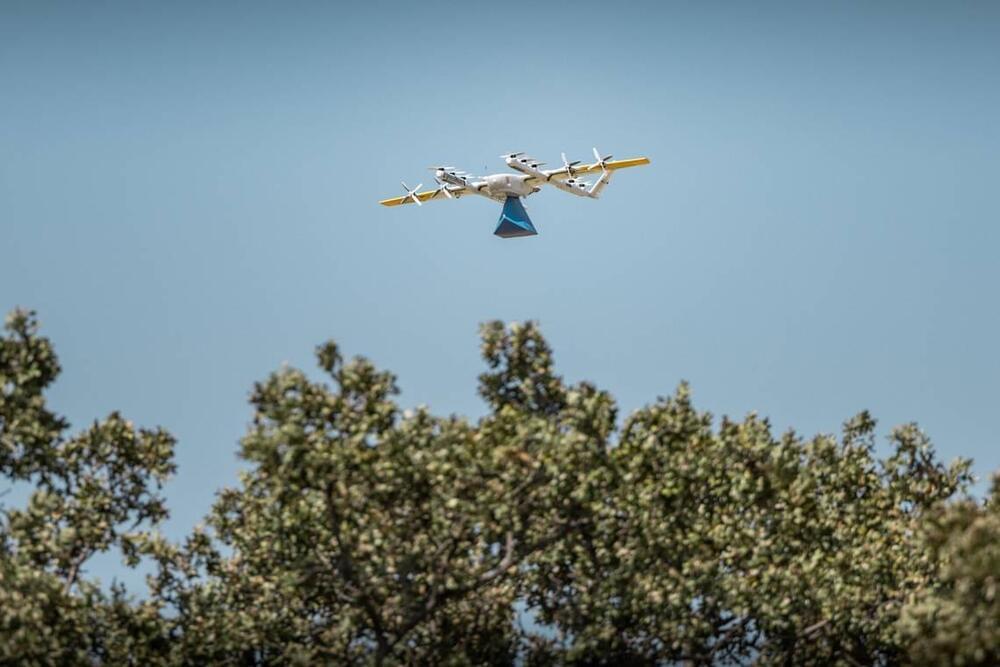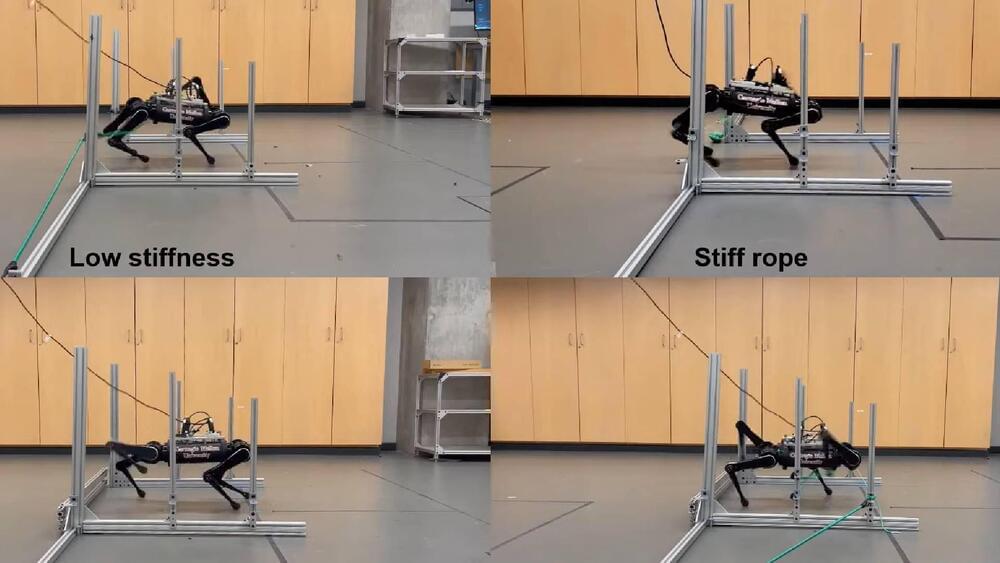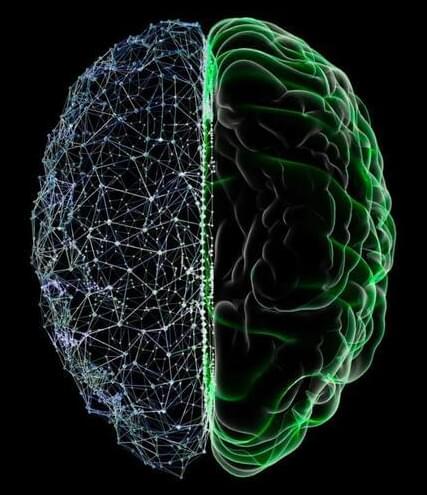SUBSCRIBE TO DOCTORLY UNHINGED PODCAST!
https://doctorly.podlink.to/unhinged.
*Shop Favorite Skincare Products*
Shop My Shelf: https://shopmyshelf.us/shops/dermdoctor.
Amazon Favorites: https://www.amazon.com/shop/doctorly?tag=lifeboatfound-20.
20% Off Paula’s Choice: https://www.tkqlhce.com/click-100667849-15267262
Shop SkinBetter Science: https://skinbetter.pro/doctorly.
*Affiliate Links Generate Revenue for the Channel*
We take a look at how the latest advancements in artificial intelligence are impacting modern medicine and theorize about what the future may hold.
00:00 Intro.
Disclaimer: This video is not intended to provide diagnosis, treatment, or medical advice. Content provided in this video is for educational purposes only. Please consult with a physician regarding any health-related diagnosis or treatment.







